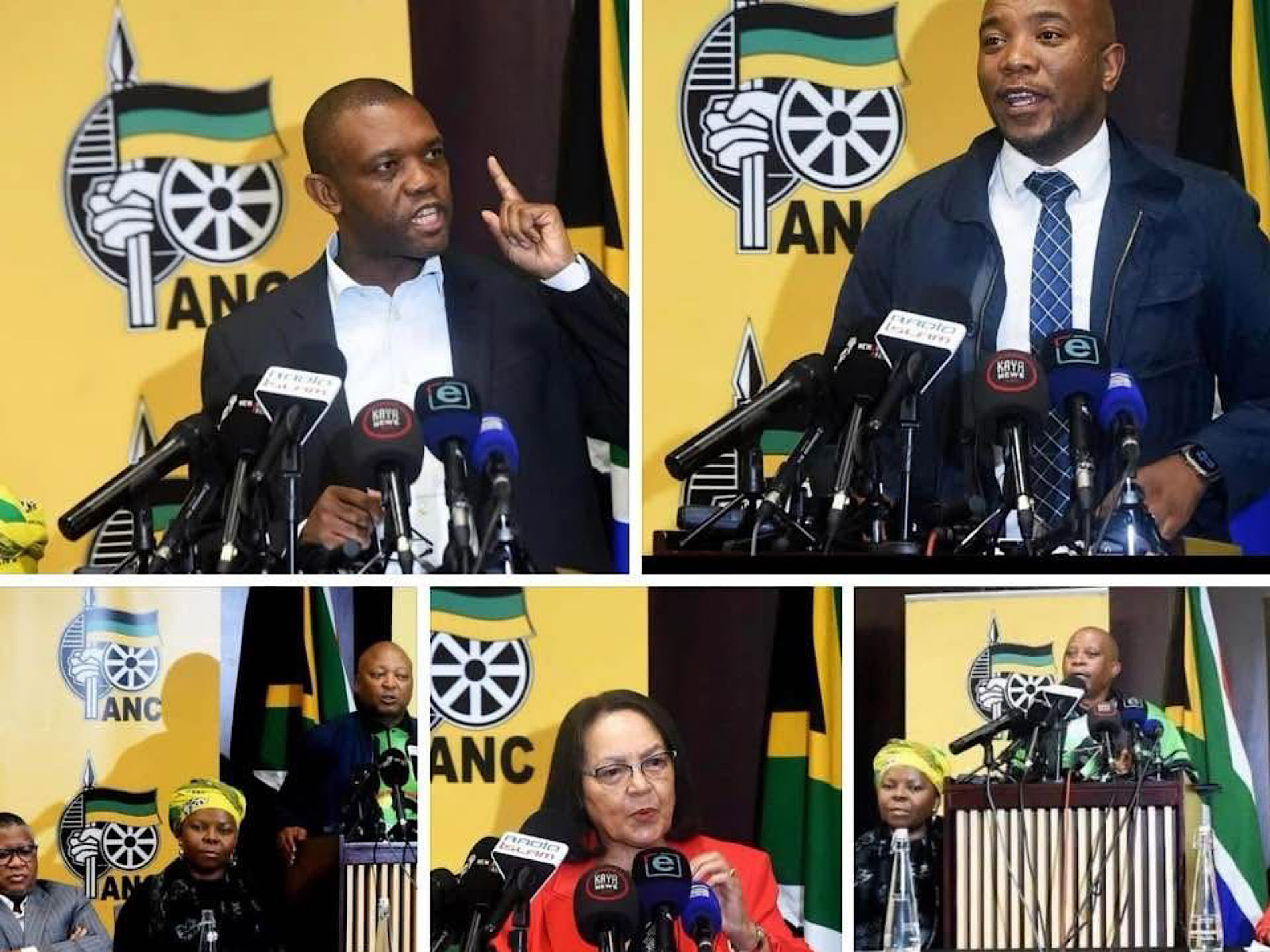This week’s events have proven why voting for smaller parties works for the ANC, writes Zukile Majova in his Real Politics column.
Nothing makes smaller parties angrier than the slogan: a vote for a small party is a vote for the ANC.
This campaign, led by DA boss Helen Zille over the past 15 years, has hurt smaller parties, who have accused her of undermining political diversity.
But this week, the likes of Rise Mzansi, Build One SA, ActionSA, the Patriotic Alliance, and the Good Party all affirmed Zille’s claim when they joined forces with the ANC.
The ruling party held a joint press conference.
By doing so, they are about to weaken the Government of National Unity (GNU) and help the ANC pass budgets and bills without the main ANC partner in the GNU, which is the DA.
The strength of the GNU was always that the DA brings its excellent track record of efficiency and good governance to help President Cyril Ramaphosa get rid of corrupt people in government.
To give the ANC a guarantee to rule as if it were still a majority party would undermine the will of the voters.
The ANC has won 39% of the vote and should now be forced to consult extensively before passing new laws and budgets that have serious tax implications.
Zille’s argument has been that dividing the opposition vote into dozens of 1% parties weakens the opposition, especially as smaller parties tend to end up voting with the ANC in Parliament.
The frustration dates back to the abolished floor-crossing legislation of 2002, which allowed MPs to cross to other parties without losing their seats.
It allowed politicians to undermine the will of the voters. It was a disaster from the onset and was abolished in 2009.
“We always told the voters that a vote for a small party is effectively a vote for the ANC. Let’s hope that message now gets across,” said Zille on Friday.
It’s not just a theory – it’s actually true. In the 2024 elections, the ANC was defeated in the Western Cape, Northern Cape, Gauteng and KwaZulu-Natal.
These are four provinces that voters have handed over to smaller parties.
In the 2021 municipal elections, the ANC lost Nelson Mandela Bay Metro, eThekwini Metro, Johannesburg Metro, Ekurhuleni Metro, Tshwane, and many others.
But with the help of small parties, the ANC remains in charge of these important cities, to an extent circumventing the will of the voters.
Nowhere in the country is this clearer than in the City of Johannesburg, where the ANC governs the R80 billion municipality despite winning just 33.6% of the vote.
It’s a travesty. To show its disregard for the city, the ANC has fielded two puppet mayors from Al Jama-ah, a party that received less than 2% of the vote.

The latest mayor, Dada Morero, is from the ANC and is limping from one disaster to the next without any clear plan for how he could rejuvenate the city.
At the national level, the three main opposition parties – the DA, MK and EFF – hold over 45% of the vote.
Going forward, smaller parties will continue to prop up the ANC, making sure that by hook or by crook, it clings to the purse strings in municipalities, provinces, and the national government.
All this affirms Zille’s claim that voting for small parties dilutes the power of the opposition and works to the advantage of the ANC.
Pictured above: Smaller parties during a joint media briefing with the ANC.
Image source: X
